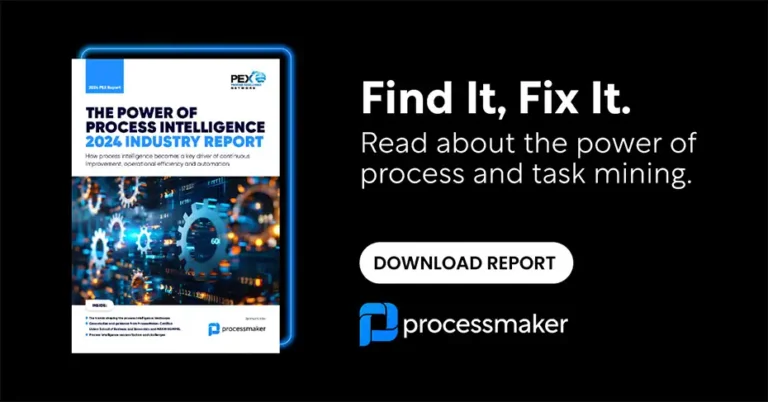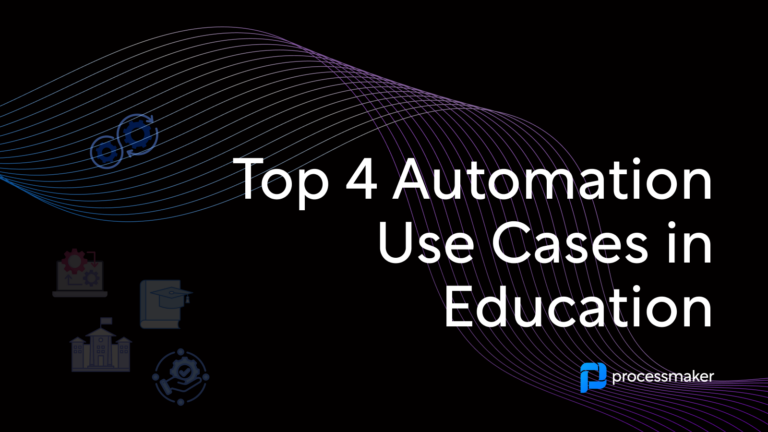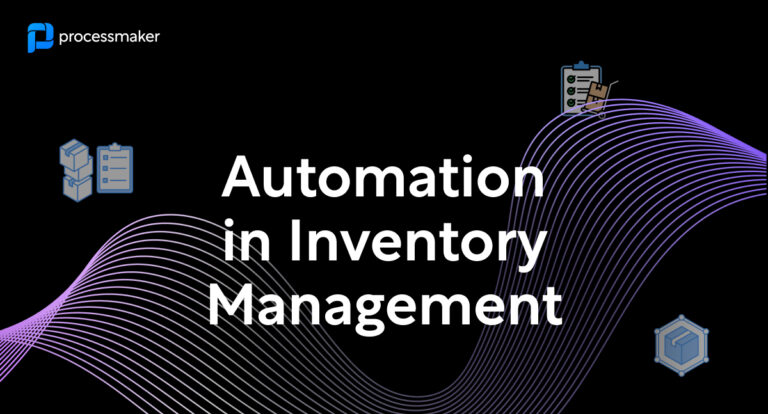Decision-making is a critical component of contemporary business applications. With more and more organizations adopting digital transformation initiatives, the development and management of these applications can no longer be left solely to professional developers. Rather, business employees are playing key roles in implementing logic and they are doing it with innovative tools like a business rules engine.
A Brief Overview of Business Rules
Business rules are statements that guide an organization’s operations. They define what, where, when, why, and how something is done. For instance, offering a discount when a customer spends over a certain amount on your website is an example of a business rule.
There are also several variations of business rules. They can be informal, formal, or automated. Organizations committed to digital transformation implement formal, automated business rules typically through a business rules management system (BRMS). A BRMS is a software solution that is used to define, deploy, execute, monitor, and manage business rules and logic.
While there are many different types of BRMSs, they all include the following components:
- A repository where decision logic is stored separate from application code
- Development tools that are used by both technical and business users to define and manage business rules
- A runtime environment that allows applications to invoke applicable business rules and execute them using a business rules engine
A business rules engine (BRE) is a software program that executes decision processes based on predefined business logic. It may exist as a stand-alone system or can be integrated with a BRMS. A business rules engine works by communicating with the repository and executing business rules based on application data.
Business rules engines are important for a several reasons. First, with a BRE updating business rules does not require making updates to application code. This makes it easier and more cost-effective to perform updates. Second, business rules engines offer load balancing, improving the scalability of applications by offloading execution of business rules to multiple servers. Third, BREs play a crucial role in automating processes.
Indications it’s time for an organization-wide business rules engine
While every organization has unique needs and challenges, the following are common signs that it is time to adopt a business rules engine.
#1 – When business rules need to be created by analysts instead of programmers
One of the main advantages of a business rules engine is that it allows businesspeople to understand and create business rules. Traditional logic processes require programmers. With organizations facing programmer shortages, business analysts are needed to fill the gaps.
#2 – When business rules need constant adjustment
Organizations can have hundreds or even thousands of business rules. These rules may change rapidly. Without a business rules engine, managing and adjusting business rules is time-consuming and inefficient.
#3 – When an organization is large enough to utilize manuals and guides
Some organizations have informal business rules in place. Employees simply do what they always do because that is what they have always done. These informal systems can lead to inconsistencies in quality and compliance issues. Other organizations, typically larger ones, have formalized their business rules into paper manuals.
With a business rules engine, organizations can automate their formal rule systems, providing them with a scalable and cost-effective solution.
#4 – One or more processes are holding the organization back from scaling
Manual processes impede operational growth. They are inefficient, costly, prone to errors, and difficult to replicate. For organizations that have reached their growth potential with their existing processes, BREs allow them to scale through automation.
#5 – Certain rules or processes need exceptions applied to them
In certain industries, particularly highly regulated and complex ones like banking, business rules require exceptions. For example, a bank may set minimum credit score requirements for a loan or credit card account. Yet certain rules may further limit eligibility, like an account that is in collection status. A business rules engine makes it simple to create and update exceptions.
For more information, join ProcessMaker’s webinar on integrating decision management and business rules into your workflows.





